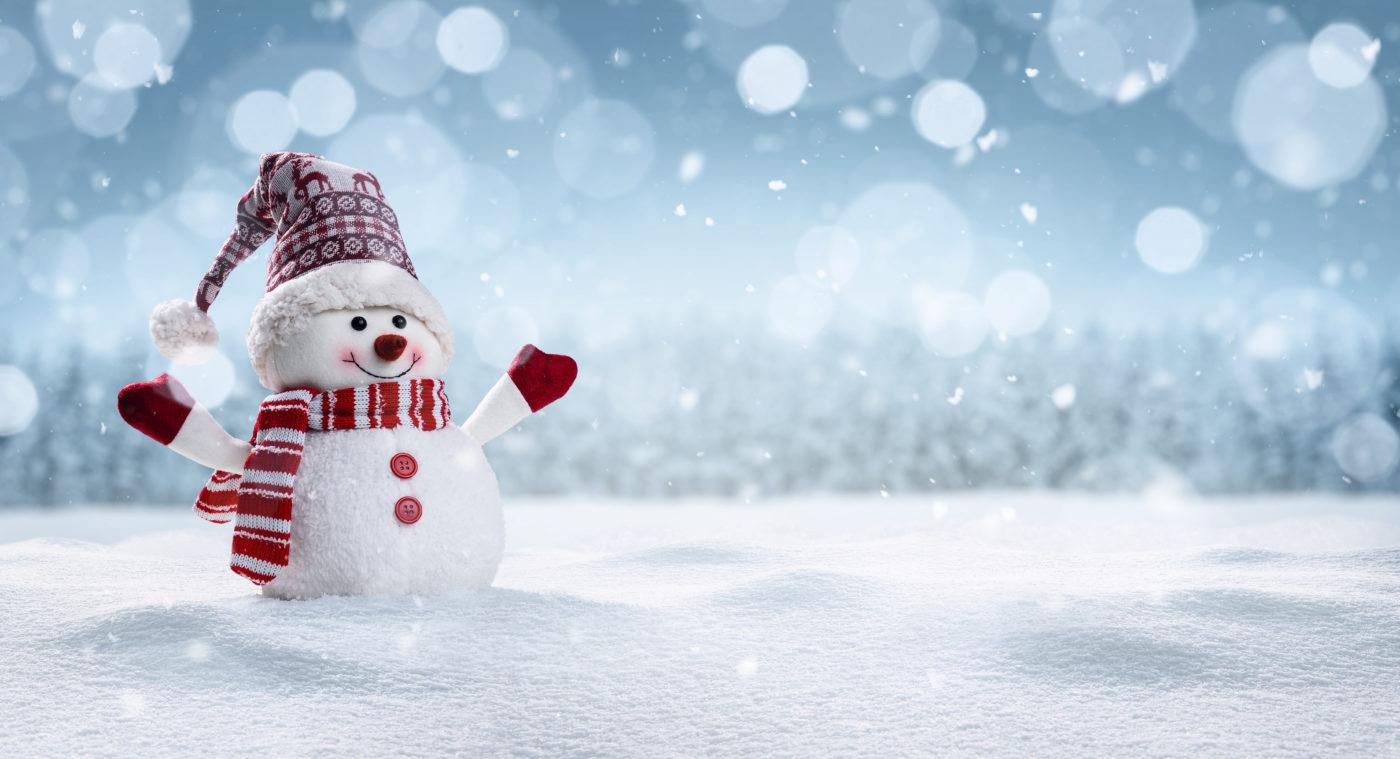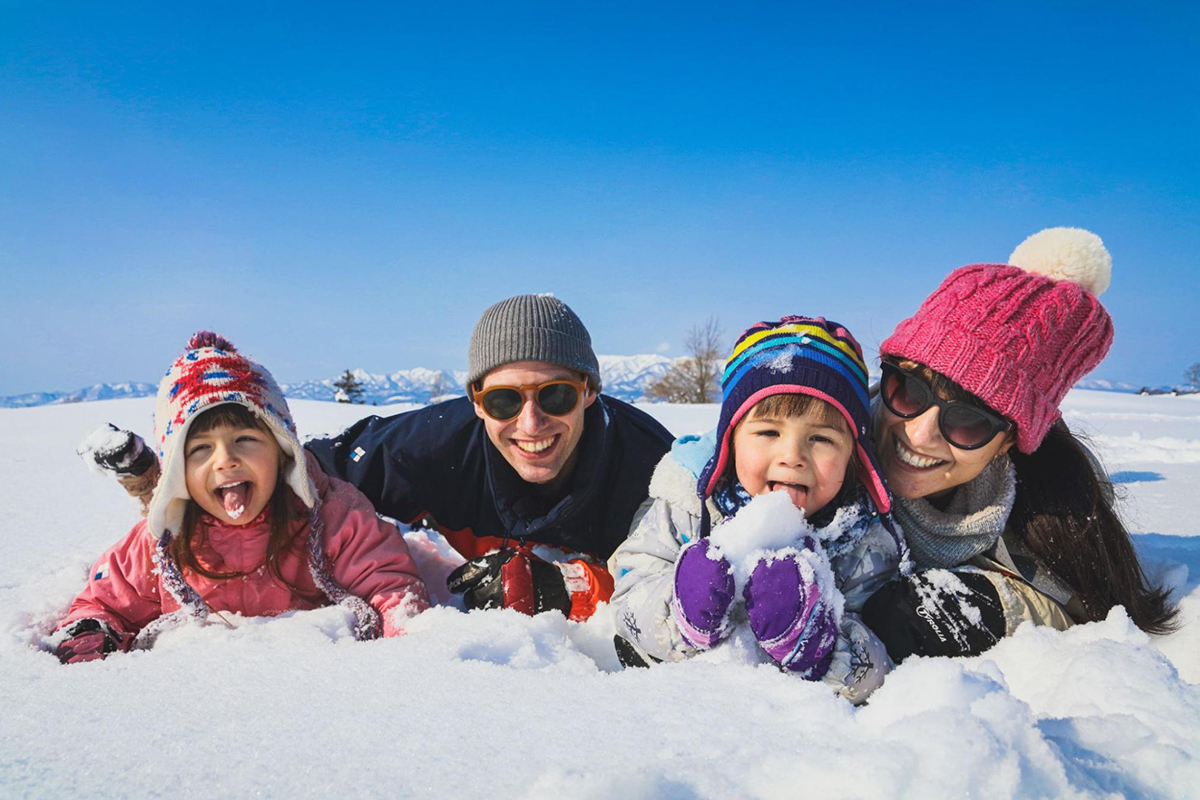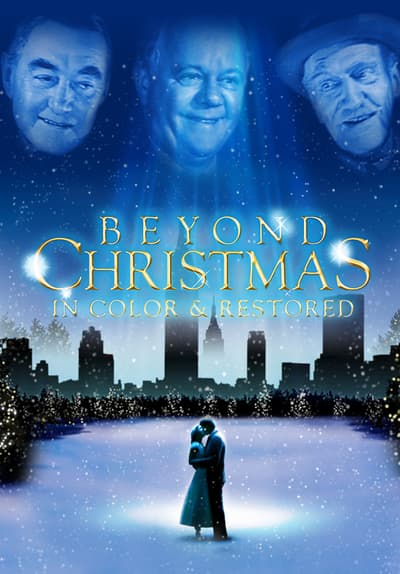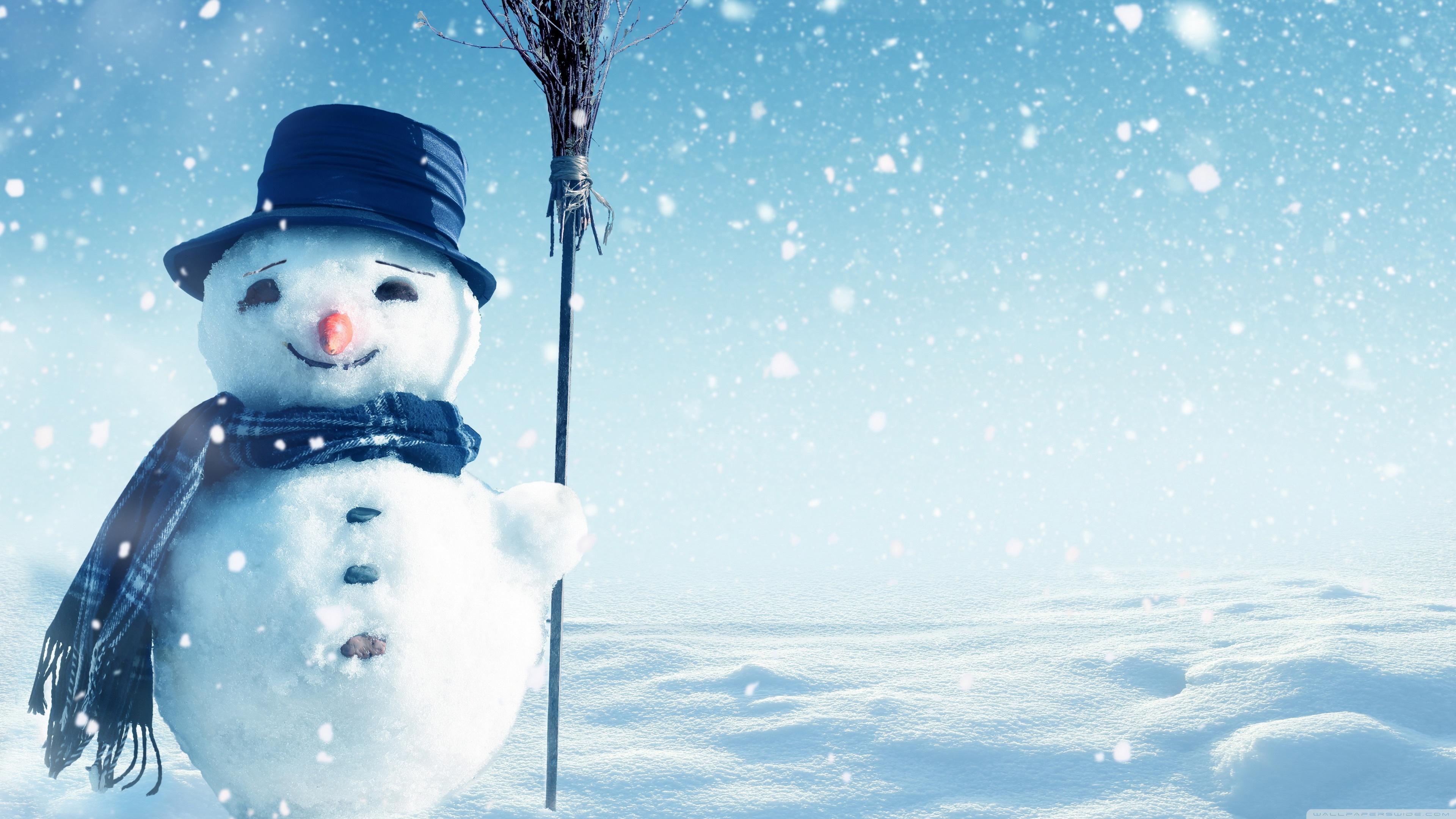
Winter is a time of celebration and joy for people of many different cultures and faiths. While Christmas is one of the most widely recognized winter holidays, there are many other significant celebrations that take place during this time of year. In this article, we'll explore seven winter holidays beyond Christmas, highlighting their unique traditions, customs, and meanings.
Winter is a time of year that can evoke feelings of coziness, wonder, and togetherness. As the days grow shorter and the temperatures drop, people around the world come together to celebrate and find warmth in the midst of the cold. Whether you're looking to learn more about different cultures or simply want to find new ways to celebrate the winter season, this article is for you.
From ancient festivals to modern-day traditions, we'll delve into the history, significance, and customs of seven winter holidays that go beyond Christmas. So, grab a cup of hot cocoa, settle in by the fire, and let's embark on this festive journey together.
1. Hanukkah: The Festival of Lights
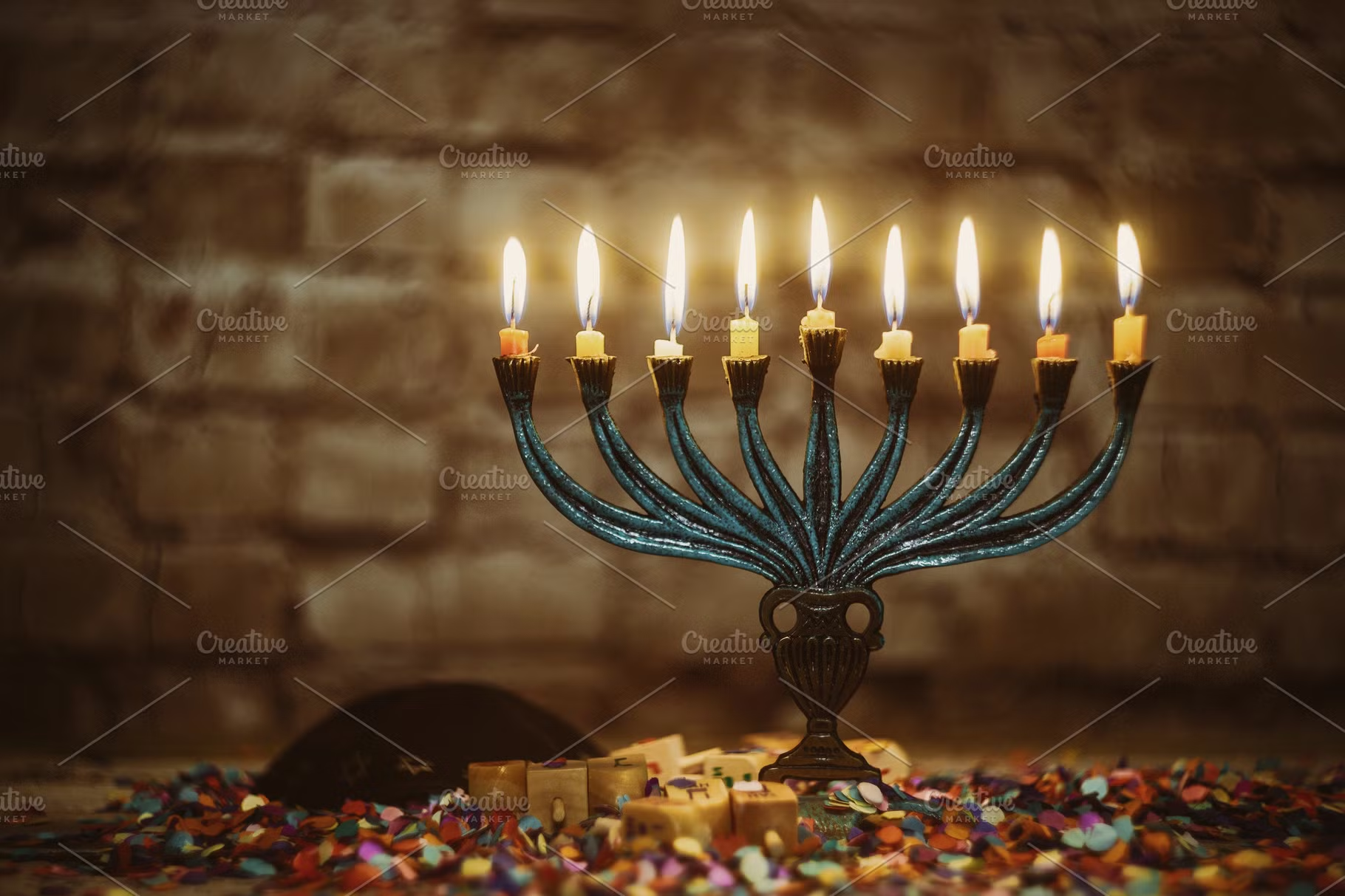
Hanukkah is a Jewish holiday that takes place over eight days and nights, usually in late November or December. Also known as the Festival of Lights, Hanukkah commemorates the rededication of the Temple in Jerusalem during the Maccabean Revolt in the 2nd century BCE.
The story goes that when the Maccabees, a group of Jewish rebels, recaptured the Temple, they found a single jar of oil that had been left untouched by the Syrian-Greek invaders. The oil was only enough for one day, but miraculously, it lasted for eight days, allowing the Jews to prepare new oil.
To celebrate this miracle, Jewish people around the world light the Hanukkah menorah, a special candelabrum with nine branches, each day of the holiday. They also exchange gifts, eat traditional foods like latkes and sufganiyot (jelly donuts), and engage in playful activities like dreidel-spinning.
Hanukkah Traditions and Customs
- Lighting the Hanukkah menorah each evening
- Reciting special prayers and blessings
- Eating traditional foods like latkes and sufganiyot
- Exchanging gifts, especially for children
- Playing dreidel and other games
2. Kwanzaa: A Celebration of African Heritage
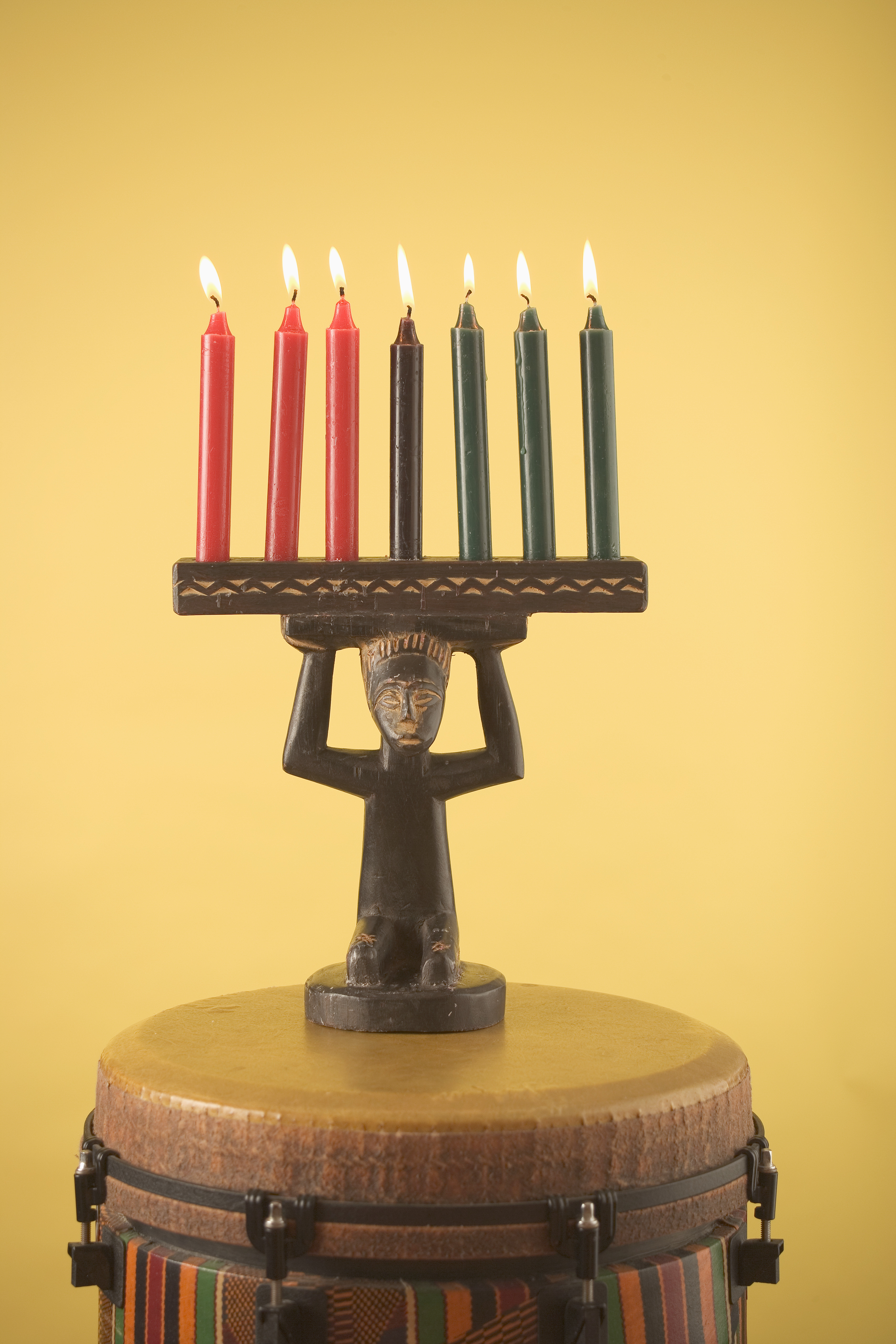
Kwanzaa is a week-long celebration honoring African American culture and heritage. Created in 1966 by Maulana Karenga, Kwanzaa is observed from December 26 to January 1 and is centered around seven principles known as the Nguzo Saba.
These principles are values of African culture that promote unity, self-determination, collective work and responsibility, cooperative economics, purpose, creativity, and faith. During Kwanzaa, families and communities come together to light the kinara (a seven-branched candleholder), exchange gifts, and engage in activities that reflect these principles.
Kwanzaa Traditions and Customs
- Lighting the kinara each evening
- Reciting the principles of the Nguzo Saba
- Wearing traditional African clothing
- Decorating homes with African-inspired decor
- Exchanging gifts, especially handmade or culturally significant items
3. Yule: A Pagan Winter Solstice Celebration
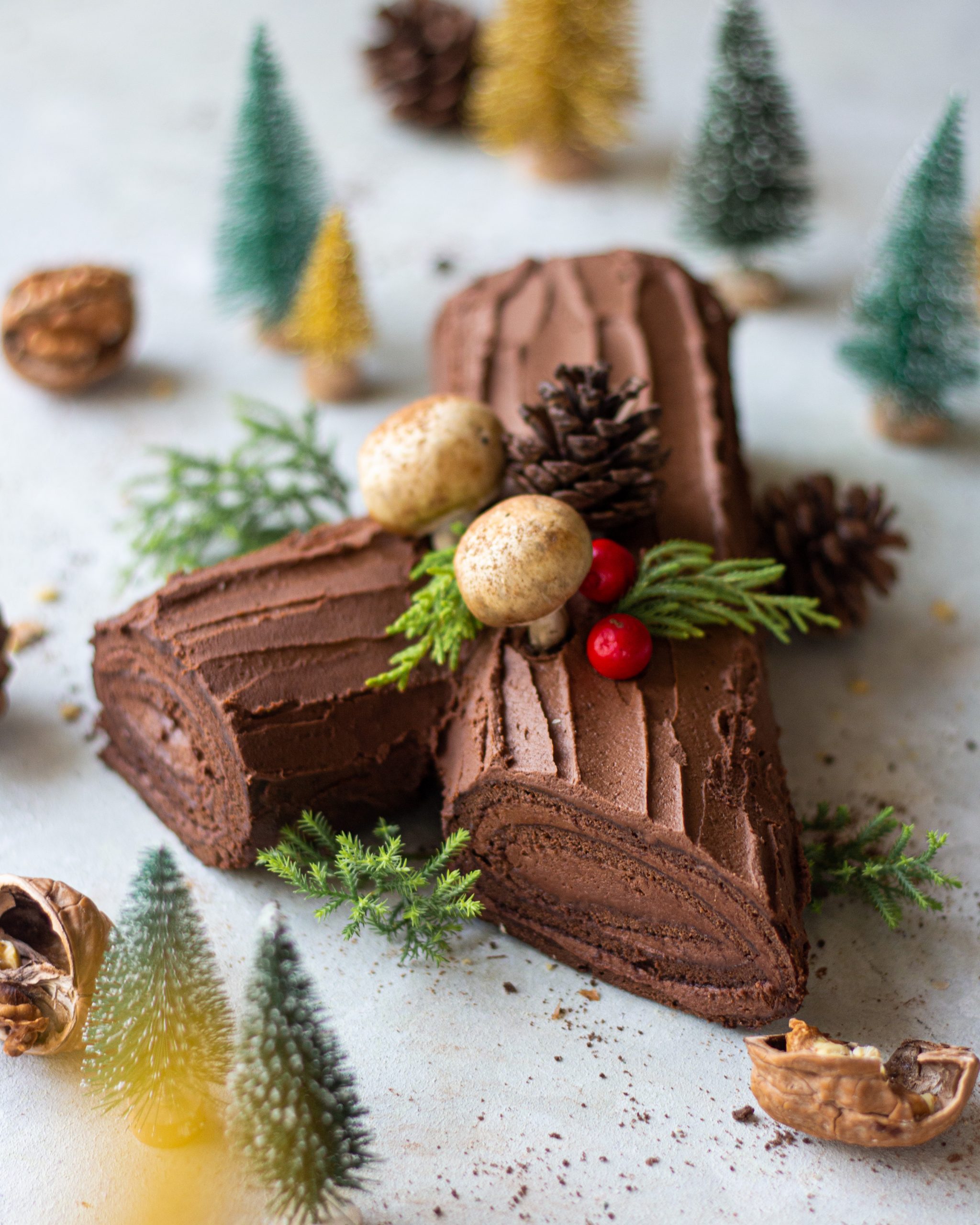
Yule is an ancient pagan celebration that marks the winter solstice, typically observed on December 21 or 22. This festival honors the longest night of the year and the rebirth of the sun.
In pre-Christian Europe, Yule was a significant festival that involved the lighting of fires and candles to symbolize the return of the sun. Modern-day pagans and Wiccans continue to observe Yule by decorating their homes with evergreen branches, holly, and mistletoe, and by engaging in rituals and ceremonies to honor the gods and goddesses of the season.
Yule Traditions and Customs
- Lighting the Yule log, a large log that burns throughout the Twelve Days of Yule
- Decorating homes with evergreen branches and holly
- Exchanging gifts, especially handmade or natural items
- Engaging in rituals and ceremonies to honor the gods and goddesses
- Feasting and merrymaking with family and friends
4. Omisoka: A Japanese New Year's Eve Celebration
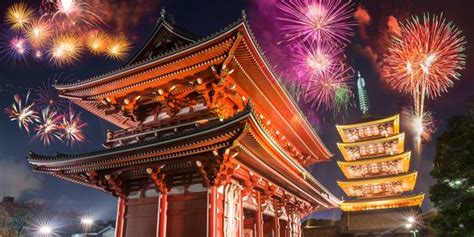
Omisoka is the Japanese New Year's Eve celebration, observed on December 31. This festival marks the end of the old year and the beginning of the new one, and is often observed with visits to shrines and temples, family gatherings, and traditional foods.
In Japan, Omisoka is a time for reflection and renewal, as people visit shrines and temples to pray for good luck, health, and happiness in the coming year. Families also gather together to eat traditional foods like toshikoshi soba (year-crossing noodles) and herring roe, and to engage in activities like karaoke and games.
Omisoka Traditions and Customs
- Visiting shrines and temples to pray for good luck and health
- Eating traditional foods like toshikoshi soba and herring roe
- Engaging in family activities like karaoke and games
- Exchanging gifts, especially money or traditional snacks
- Reflecting on the past year and setting goals for the new one
5. St. Lucia Day: A Scandinavian Winter Festival
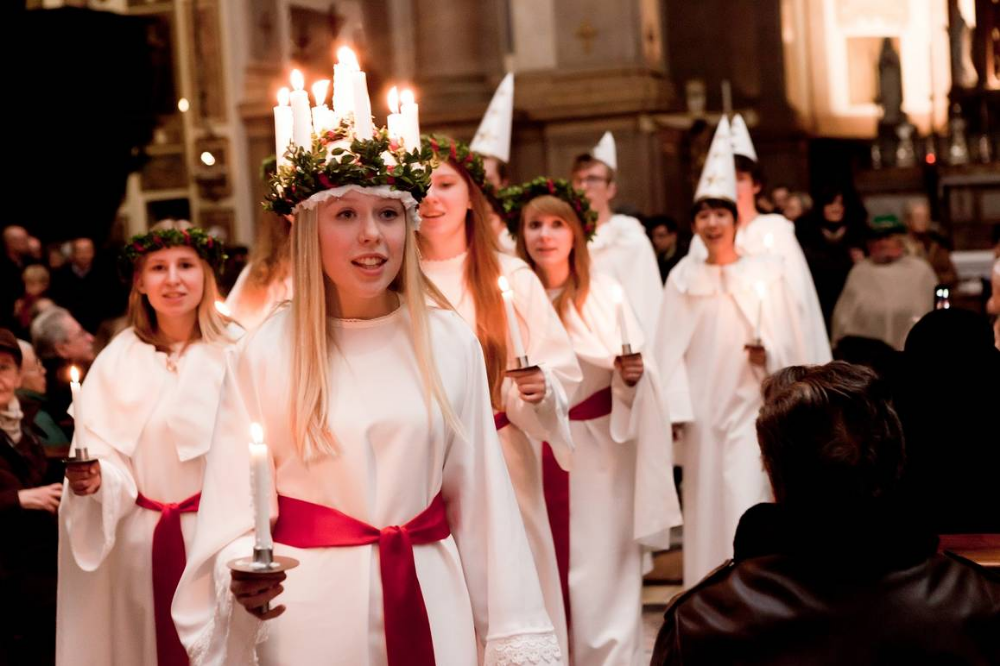
St. Lucia Day is a Scandinavian festival celebrated on December 13, which marks the beginning of the Christmas season. This festival honors St. Lucia, a 4th-century martyr who was known for her kindness and generosity.
In Scandinavian countries, St. Lucia Day is observed with processions of people carrying candles and singing traditional songs. Children also dress up as "Lucia brides" and distribute treats like saffron buns and gingerbread cookies to their families and friends.
St. Lucia Day Traditions and Customs
- Participating in candlelit processions and singing traditional songs
- Dressing up as "Lucia brides" and distributing treats
- Eating traditional foods like saffron buns and gingerbread cookies
- Exchanging gifts, especially handmade or traditional items
- Honoring the legacy of St. Lucia and her values of kindness and generosity
6. Las Posadas: A Mexican Christmas Celebration
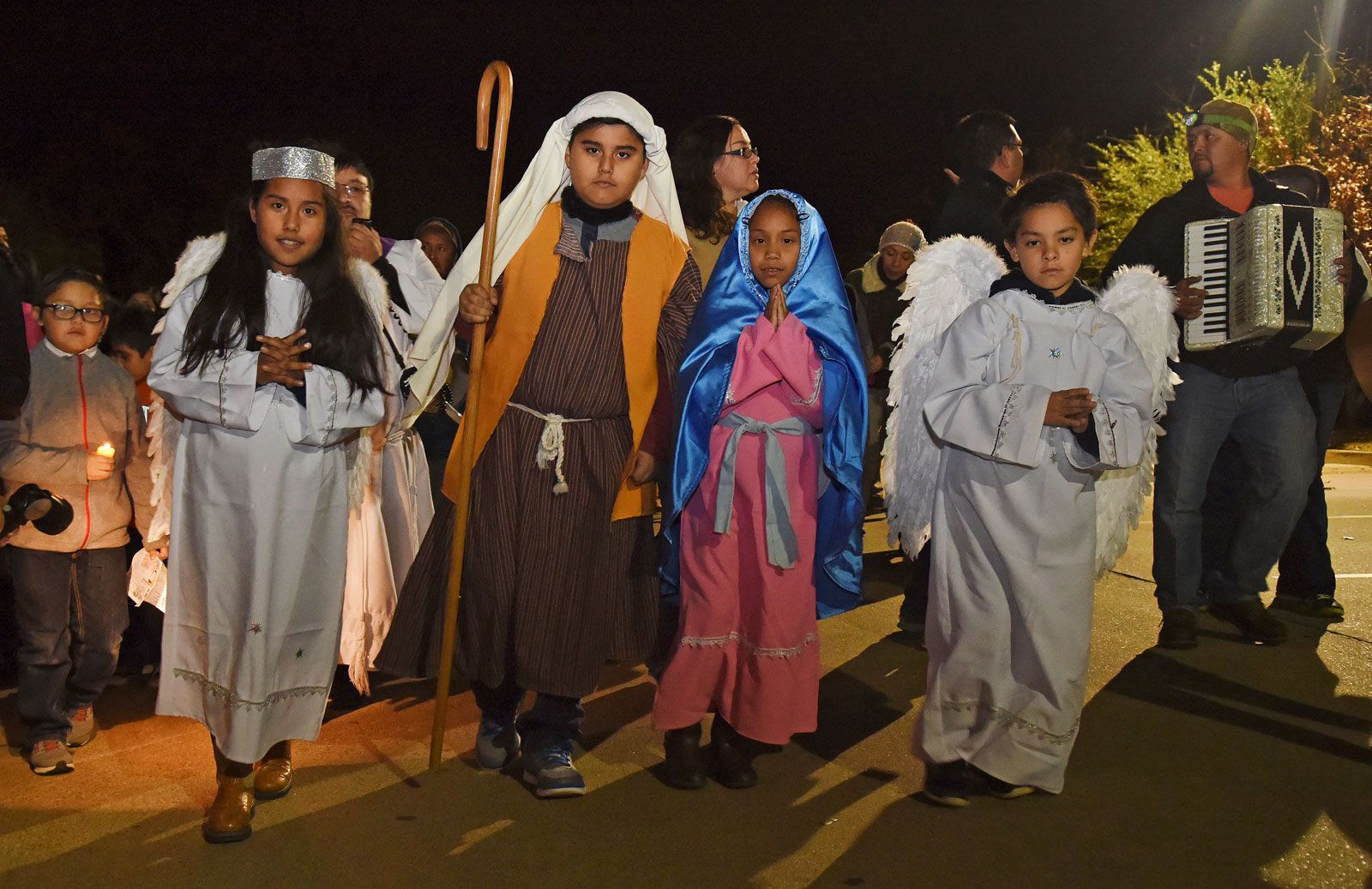
Las Posadas is a nine-day Mexican Christmas celebration that begins on December 16 and ends on Christmas Eve. This festival reenacts the journey of Mary and Joseph as they searched for lodging in Bethlehem, and is marked by processions, music, and traditional foods.
During Las Posadas, families and friends gather together to reenact the journey of Mary and Joseph, asking for lodging at different homes and being turned away until they finally find a place to rest. This festival is a time for community, music, and celebration, and is often observed with traditional foods like tamales and hot chocolate.
Las Posadas Traditions and Customs
- Participating in processions and reenacting the journey of Mary and Joseph
- Singing traditional songs and playing music
- Eating traditional foods like tamales and hot chocolate
- Exchanging gifts, especially handmade or traditional items
- Honoring the values of hospitality and community
7. Dongzhi Festival: A Chinese Winter Solstice Celebration
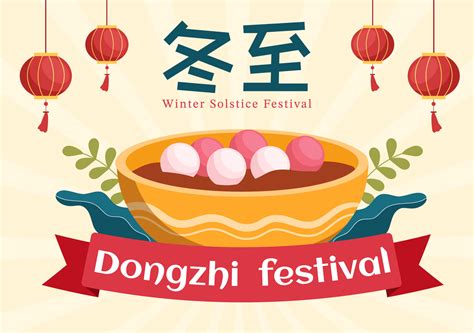
The Dongzhi Festival is a Chinese winter solstice celebration observed on December 21 or 22. This festival marks the longest night of the year and the beginning of the sun's journey back towards the equator.
During the Dongzhi Festival, families gather together to eat traditional foods like dumplings and sweet potatoes, and to engage in activities like kite-flying and fortune-telling. This festival is a time for renewal and rebirth, and is often observed with traditional decorations like evergreen branches and red lanterns.
Dongzhi Festival Traditions and Customs
- Eating traditional foods like dumplings and sweet potatoes
- Engaging in activities like kite-flying and fortune-telling
- Decorating homes with evergreen branches and red lanterns
- Exchanging gifts, especially traditional snacks and decorations
- Honoring the values of renewal and rebirth
Gallery of Winter Holidays
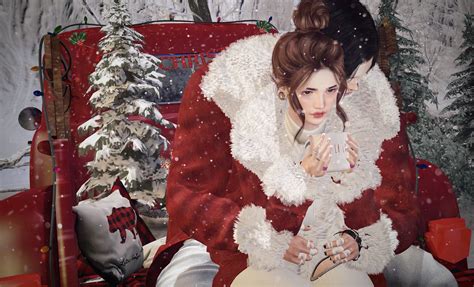


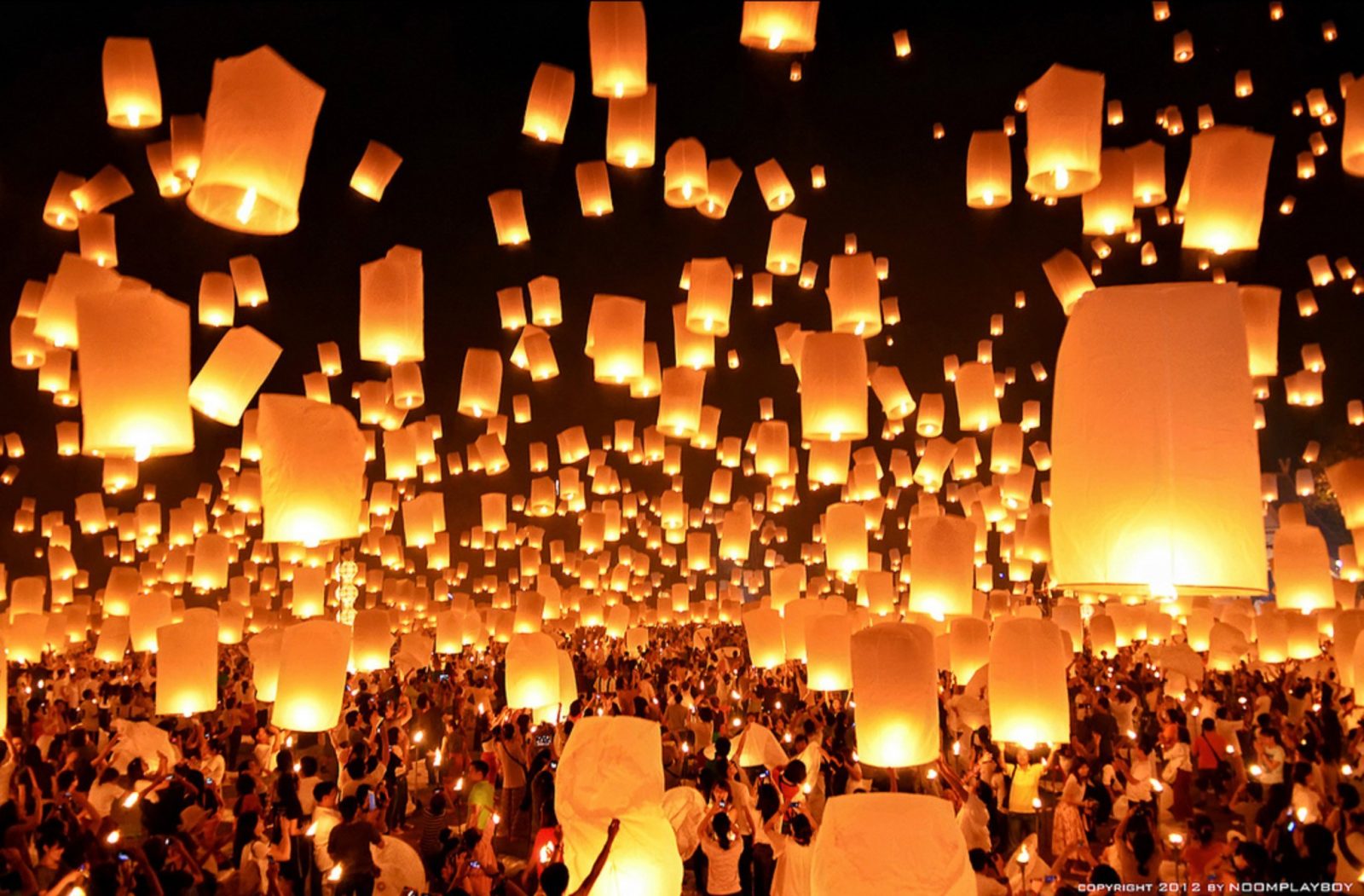
What is the significance of winter holidays?
+Winter holidays are significant because they provide a time for people to come together with family and friends, reflect on the past year, and look forward to the new one. They also offer a chance to celebrate cultural heritage and traditions, and to find joy and meaning in the midst of the cold and darkness.
How do people celebrate winter holidays around the world?
+People celebrate winter holidays in many different ways, depending on their cultural and religious traditions. Some common practices include decorating homes, exchanging gifts, eating traditional foods, singing songs, and engaging in festive activities like parades and processions.
What are some common winter holiday traditions?
+Some common winter holiday traditions include decorating homes with lights and evergreen branches, exchanging gifts, eating traditional foods like cookies and hot chocolate, singing carols, and engaging in activities like sledding and ice skating.
